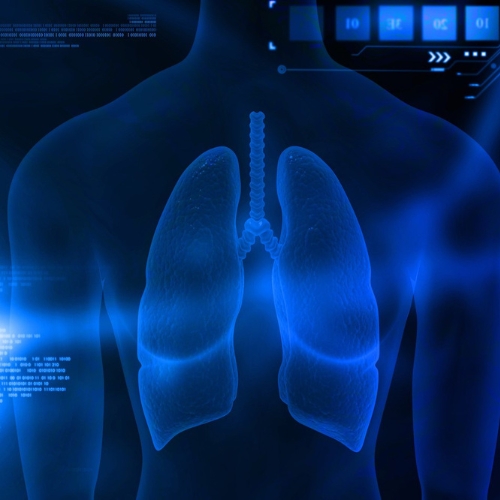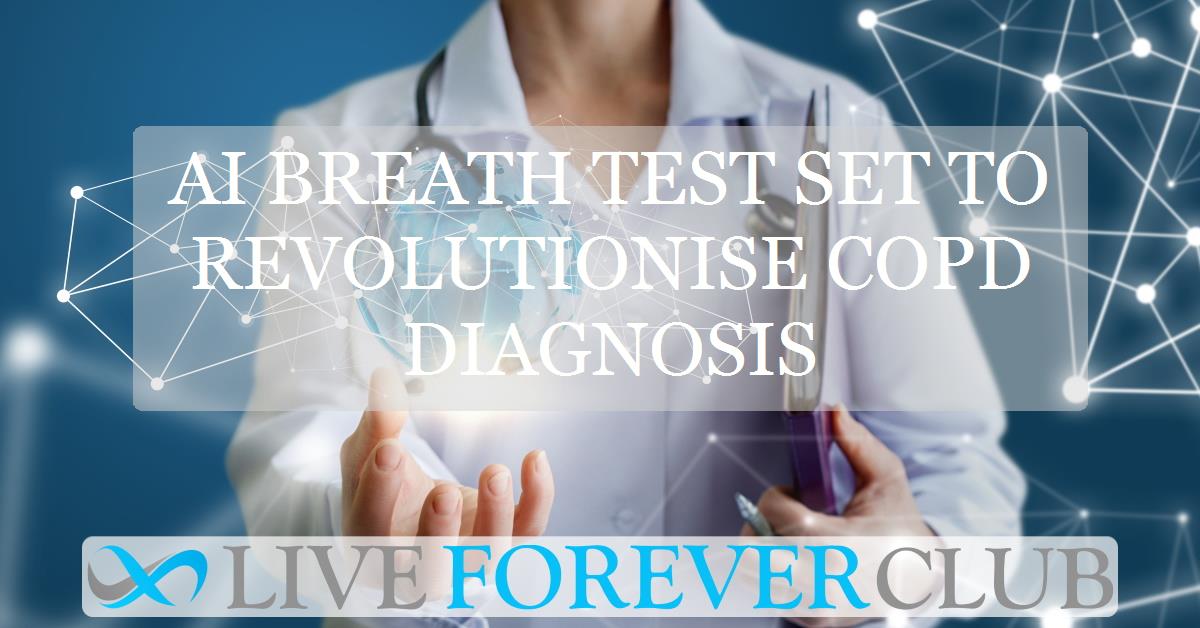Key points from article :
A new artificial intelligence-powered device is set to revolutionize how doctors diagnose chronic obstructive pulmonary disease (COPD), a serious lung condition affecting around 3 million people in the UK—many of whom don’t know they have it. Traditionally, diagnosing COPD has relied on a time-consuming spirometry test that requires patients to exhale forcefully into a machine, often administered at specialist hubs with long wait times. But a new tool called N-Tidal Diagnose could dramatically speed up the process.
This handheld device, developed by UK-based company TidalSense, allows patients to breathe normally into a sensor that records carbon dioxide levels. The data is then uploaded to the cloud and analysed in real time by a machine learning algorithm trained on over 2.5 million patient breaths. The AI can distinguish COPD from other conditions with similar symptoms, such as asthma, heart failure, or lung cancer.
The result? A diagnosis in as little as five minutes, without the need for specialist testing or prolonged appointments. Dr Simon Rudland, a GP in Suffolk, says this tool could transform care pathways by allowing for immediate treatment decisions, avoiding misdiagnosis and delays. Patients like Colin Best, who spent a year trying to get diagnosed the traditional way, say it could have made a huge difference. The device is already approved for use across the EU and could soon be rolled out in GP surgeries—potentially easing pressure on the NHS while improving early detection and treatment for patients.






